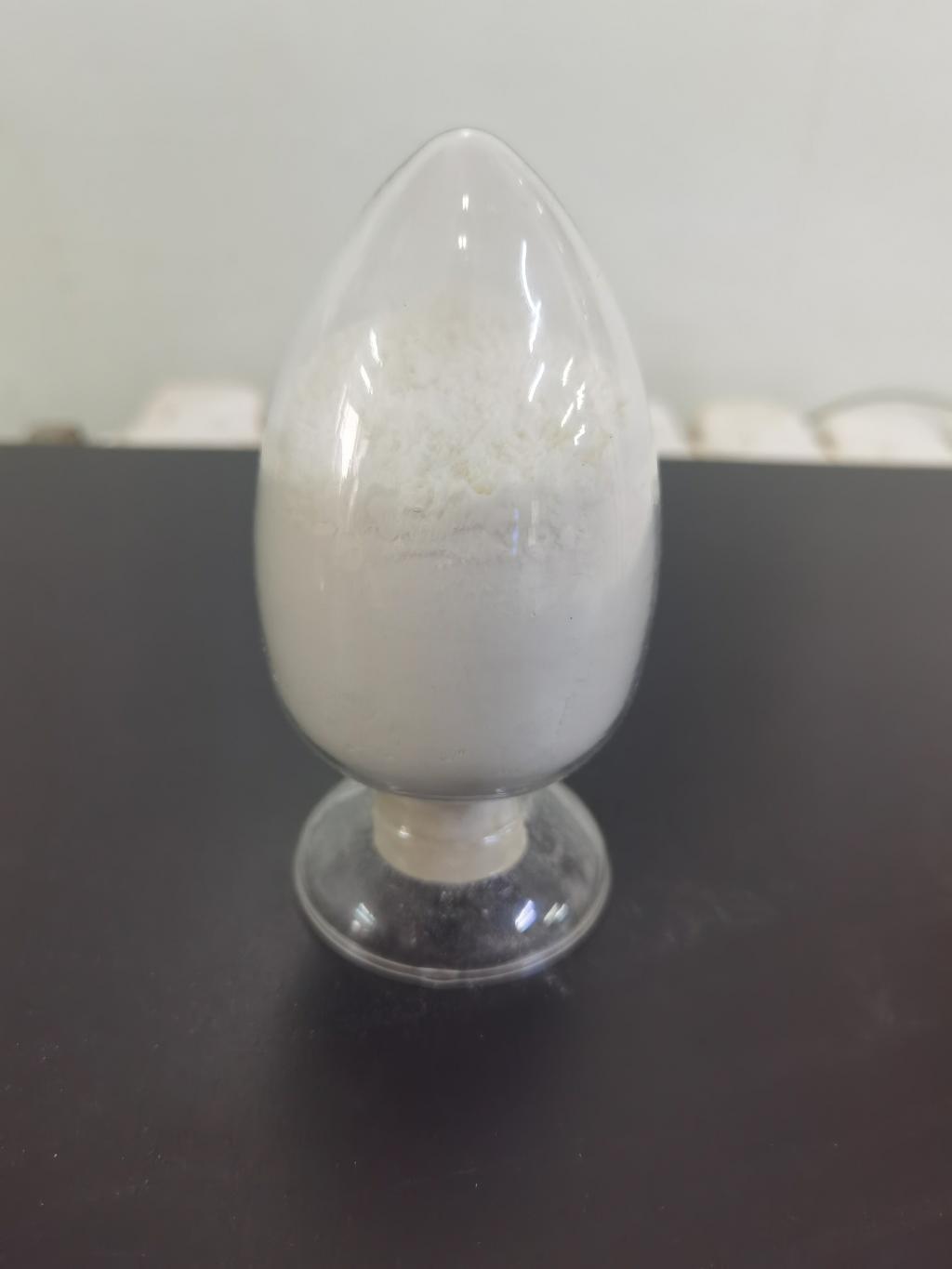Tel:+8618231198596

News
 CONTACT
CONTACT
 CONTACT
CONTACT
- Linkman:Linda Yao
- Tel: +8618231198596
- Email:linda.yao@dcpharma.cn
- Linkman:CHARLES.WANG
- Department:Overseas
- Tel: 0086 0311-85537378 0086 0311-85539701
News
Current Position:
Home >
News
>Harnessing the Therapeutic Potential of ε-Polylysine Hydrochloride in Dermatology.
Harnessing the Therapeutic Potential of ε-Polylysine Hydrochloride in Dermatology.
TIME:2024-06-04
Antimicrobial Activity of ε-Polylysine Hydrochloride
ε-Polylysine hydrochloride exhibits potent antimicrobial activity against a wide range of microorganisms, including bacteria, fungi, and viruses. Its mechanism of action involves disrupting microbial cell membranes, leading to leakage of cellular contents and eventual cell death. ε-Polylysine hydrochloride's broad-spectrum activity makes it effective against common pathogens implicated in dermatological infections, such as Staphylococcus aureus and Candida species.
Anti-Inflammatory Effects
In addition to its antimicrobial properties, ε-polylysine hydrochloride exerts anti-inflammatory effects, modulating immune responses and reducing inflammatory mediators. By inhibiting pro-inflammatory cytokines and chemokines, ε-polylysine hydrochloride helps mitigate inflammation associated with various dermatological conditions, including acne, eczema, and psoriasis. Its anti-inflammatory activity contributes to symptom relief and promotes skin healing and regeneration.
Wound Healing Properties
ε-Polylysine hydrochloride promotes wound healing through multiple mechanisms. It accelerates the proliferation and migration of keratinocytes and fibroblasts, essential cells involved in the wound healing process. Moreover, ε-polylysine hydrochloride enhances collagen synthesis and deposition, leading to improved tensile strength and integrity of the healing tissue. Its antimicrobial activity also helps prevent wound infections, facilitating the healing process.
Safety Profile
ε-Polylysine hydrochloride is generally regarded as safe for topical use in dermatological applications. It is well-tolerated, non-toxic, and non-allergenic, making it suitable for use on sensitive skin and in pediatric populations. Clinical studies and safety evaluations have confirmed its low potential for irritation, sensitization, or systemic toxicity, further supporting its safety profile for dermatological use.
Clinical Applications
ε-Polylysine hydrochloride has diverse clinical applications in dermatology:
a. Treatment of Dermatological Infections: ε-Polylysine hydrochloride-based formulations, such as creams, ointments, and gels, are effective in treating bacterial and fungal skin infections, including impetigo, folliculitis, and dermatophytosis.
b. Management of Inflammatory Skin Conditions: Topical ε-polylysine hydrochloride formulations alleviate symptoms of inflammatory skin conditions, such as acne vulgaris, atopic dermatitis, and rosacea, by reducing inflammation and controlling microbial overgrowth.
c. Wound Care and Healing: ε-Polylysine hydrochloride-based dressings and wound care products promote the healing of acute and chronic wounds, including pressure ulcers, diabetic foot ulcers, and surgical wounds, by enhancing tissue repair and preventing infection.
Future Directions and Considerations
Continued research and clinical trials are warranted to further elucidate the therapeutic potential of ε-polylysine hydrochloride in dermatology. Key considerations include optimizing formulation strategies, evaluating long-term safety and efficacy, and exploring combination therapies with existing treatments. Additionally, education and awareness initiatives are essential to promote the adoption of ε-polylysine hydrochloride-based therapies among healthcare providers and patients.
Conclusion
ε-Polylysine hydrochloride represents a promising therapeutic agent in dermatology, offering antimicrobial, anti-inflammatory, and wound healing properties. Its favorable safety profile, broad-spectrum activity, and clinical versatility make it an attractive option for the management of various dermatological conditions. By harnessing the therapeutic potential of ε-polylysine hydrochloride, healthcare providers can improve patient outcomes and enhance the quality of care in dermatology practice.
- Tel:+8618231198596
- Whatsapp:18231198596
- Chat With Skype







